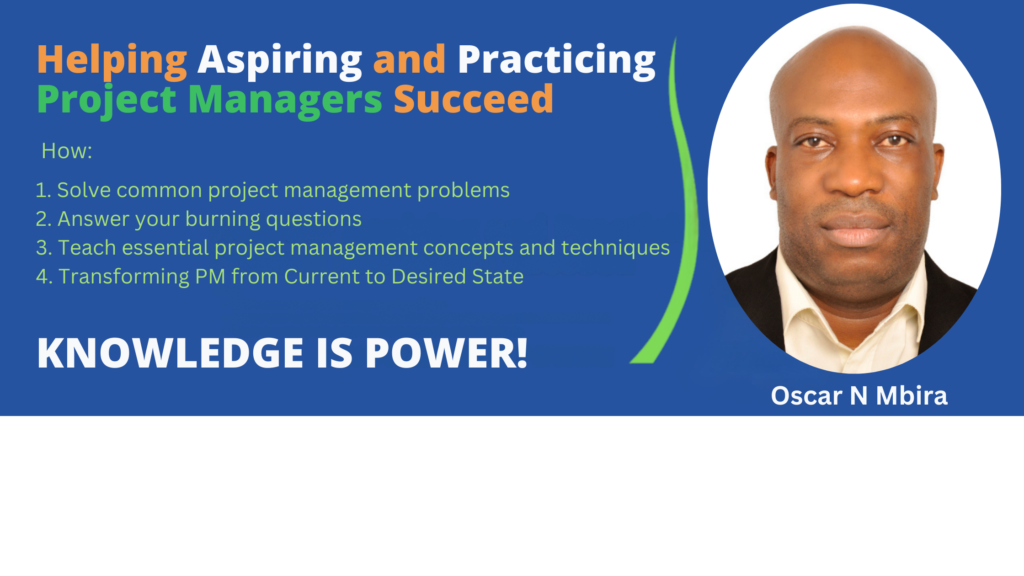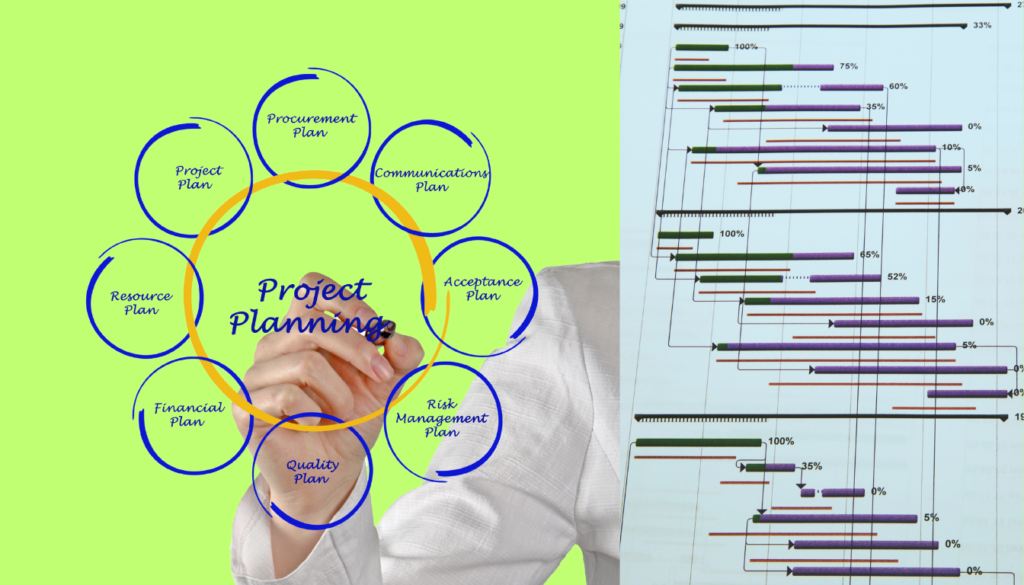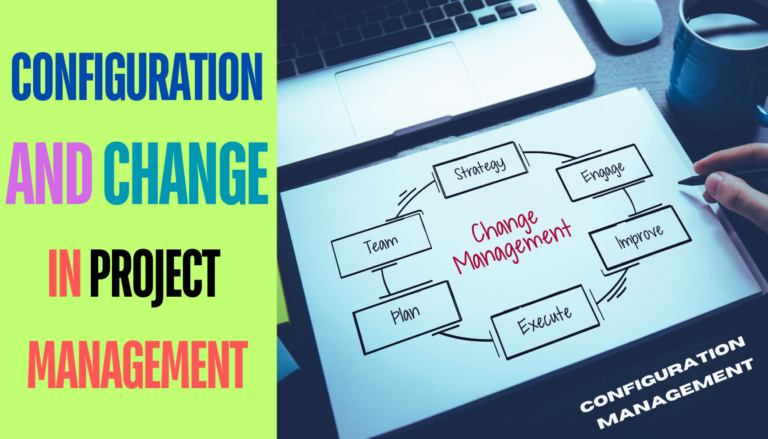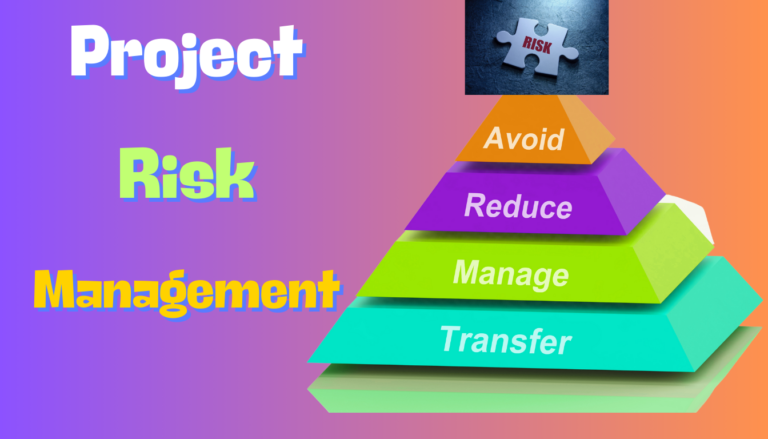
Get FREE Newsletter and the latest PM content delivered to your email a few times a month.
Welcome to Project Astute
Welcome to Project Astute, your ultimate destination for mastering the art of project management. Whether you’re an aspiring project manager or a seasoned professional, this blog is designed to equip you with the knowledge, tools, and insights you need to excel in your career.
At Project Astute, I am passionate about helping you navigate the complexities of project management with ease. The comprehensive resources, expert advice, and real-world case studies provide practical solutions to the challenges you face. From start-up, initiation, planning and scheduling to utilizing the latest software, I’ve got you covered.
Blogging Topics About Project Management:
Fundamentals of Project Management encompass essential principles such as defining clear objectives, planning and scheduling tasks, and managing resources efficiently. It involves coordinating activities, monitoring progress, and ensuring quality and risk management. Mastering these fundamentals leads to successful project execution and delivery.
Project Start-Up is the critical phase where project goals are defined, stakeholders are identified, and the project plan is established. This stage sets the foundation for all future project activities, ensuring alignment and clarity. Effective start-up practices are essential for a successful project execution.

Project Initiation is the first phase of the project lifecycle, where the project’s feasibility and value are assessed. Key activities include defining objectives, identifying stakeholders, and securing approvals. Successful initiation ensures a strong foundation for project planning and execution.

Directing a Project
Directing a project involves guiding and overseeing project activities. It includes making strategic decisions, managing stakeholder expectations, and providing necessary resources. Effective project direction ensures the project stays on track and achieves its goals.
Controlling a Stage in a project involves monitoring progress, managing issues, and ensuring that the stage adheres to the plan. It includes performance tracking, risk management, and making adjustments as needed. Effective stage control keeps the project on course and within scope, time, and budget constraints.

Managing Product Delivery in a project focuses on ensuring that deliverables meet quality standards and are completed on time. It involves coordinating tasks, managing resources, and overseeing the production process. Effective management of product delivery guarantees that the project outputs align expectations.

Managing Stage Boundaries in a project involves reviewing the current stage’s performance and preparing for the next stage. This process includes evaluating progress, updating plans, and securing necessary approvals. Effective management ensures smooth transitions between project stages and maintaining momentum.

Planning and Scheduling in a project involve defining the project’s scope, objectives, and tasks, and then organizing them into a timeline. This process includes resource allocation, setting deadlines, and identifying dependencies. Effective planning and scheduling ensure that the project progresses systematically and efficiently towards its goals.

Risk, Quality, Change Management
Project Risk, Quality, and Change management involves identifying potential risks, maintaining high-quality standards, and handling changes effectively. Risk management focuses on predicting and mitigating issues, quality management ensures deliverables meet required standards, and change management addresses alterations to the project scope or plan.

Project Closure is the final phase where the project is formally completed and delivered to stakeholders. It involves finalizing all activities, obtaining acceptance, and documenting lessons learned. Effective closure ensures that project objectives are met and provides a clear transition to operations or maintenance.

Case Studies
Project management case studies provide detailed accounts of real-world projects, showcasing challenges faced, solutions implemented, and outcomes achieved. They offer valuable insights into best practices, risk management, and problem-solving techniques. By studying these cases, project managers can learn from past experiences to improve their own project execution and delivery.












